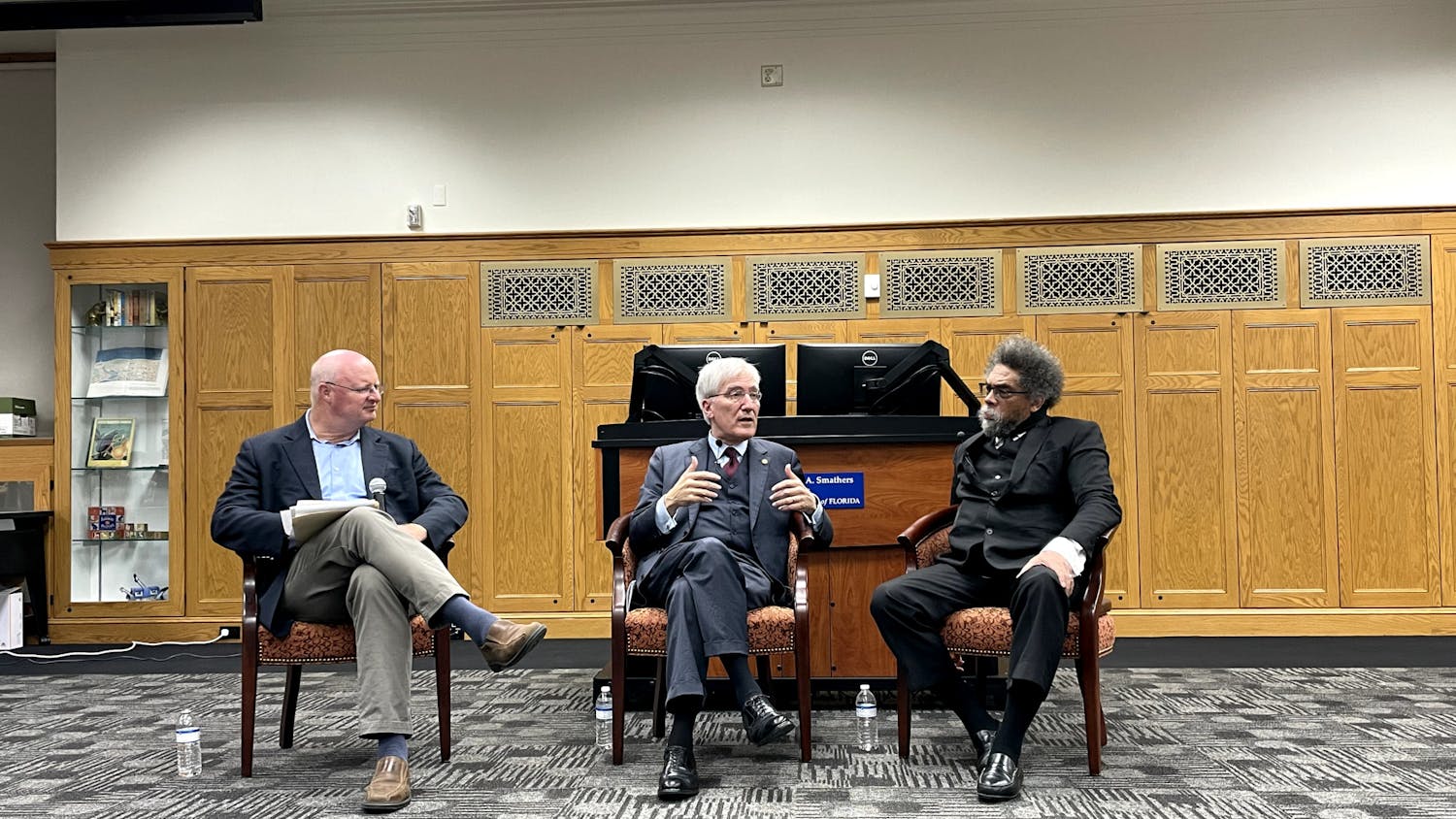Friday night at the Graham Center for Public Policy, talk show host Tavis Smiley and Princeton academic Cornel West passionately advocated for the poor and disenfranchised. I have no question as to the genuine sincerity of their compassion for the impoverished.
However, when they named specific policies designed to eliminate poverty in America, I could not help but think how much poorer the 99 percent would become. Their support of a wealth tax, higher taxes on investment income and a living wage, whatever that means, sound like they will fix our country's problems when in fact this menu of policy choices would do much to run America into the ground.
I asked West what he would do to change the U.S. tax code, to which he replied "you got to go where the money is ... I'm in favor of a wealth tax." This would amount to taking a set percent of a person's net worth each year. A guest on National Public Radio recently suggested 3 percent. When 20 percent of Americans have 85 percent of the nation's net worth, I can see how a well-meaning progressive would think something like this would fix income inequality.
However, imagine we live in a world where your parents have to pay 3 percent of all their savings each year. I bet a lot more money would be spent on consumption and people wouldn't bother saving, as the interest payments from treasury bonds now would not even cover the tax on wealth. The balance between consumption and savings would be shifting so rapidly in favor of the here and now that there would be no capital left over to actually get people out of poverty, rather than just give them food stamps and call it a day.
The reason the poor can get jobs (and, on a related note, the reason government exists) in the first place is because of people who invest money and generate economic growth. If a drastic investment tax were coupled with a wealth tax, the rich would be fine. They would simply move assets overseas or otherwise shelter wealth while the millions of Americans who would lose their jobs might have some trouble making house payments. In the short run, I have no doubt that it would look like poverty is being eliminated. The working poor would have more money to spend while investors still have their capital tied up and unavailable for better opportunities elsewhere. However, money migrates gradually to where it can earn the best return. If a billionaire goes from paying $100 million in taxes per year to $200 million per year and 1,000 people lose their jobs in the process, how is this progressive?
Those demanding living wages for the poor would be happy to know that the vast majority of the impoverished make higher than the minimum wage.
If companies are forced to pay "living wages," today's level of outsourcing will look like a joke compared to all the new factories that would spring up overseas. Living wages would likely only be great for the suburban teens working at Hollister and might cause Wal-Mart to figure out less costly ways for meeting staffing needs.
West and Smiley said poverty is the greatest challenge of our time. If this is true, they should trust the only historical system that has led to widespread prosperity in human history, which is capitalism. The great thing about it is that even the selfish "1-percenters" have to put their money somewhere besides under their mattress, which creates loanable funds or capital for the creation of jobs.
When we try and raise investment taxes or create new taxes entirely, it encourages strange behavior that often does little to help the least of these. Let us not forget that 200 million Chinese were lifted from poverty by free-market capitalism. If West and Smiley's assertion that one in two Americans is in or near poverty is true, I suspect that a move to a true free-market system can do it just as well.
Travis Hornsby is a statistics and economics senior at UF. His column appears on Mondays.





